
Strength and Conditioning in Volleyball
In this CAP II article, volleyball coach and certified fitness trainer Dolores Gurule' de Duran talks about the importance of strength and conditioning for players.
Resources for
Follow USAVolleyball
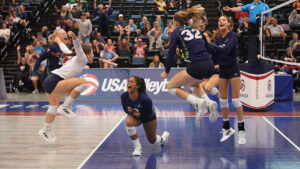 USA Volleyball Education is focused on improving developmental and educational opportunities across the sport of volleyball from grassroots to the national team level. Our goal is to provide the opportunity to access, complete and apply high-quality information and methods in the technical, tactical, physical and emotional aspects of the game for athletes and coaches while providing training, support and resources for other key stakeholders including officials, parents and clubs.
USA Volleyball Education is focused on improving developmental and educational opportunities across the sport of volleyball from grassroots to the national team level. Our goal is to provide the opportunity to access, complete and apply high-quality information and methods in the technical, tactical, physical and emotional aspects of the game for athletes and coaches while providing training, support and resources for other key stakeholders including officials, parents and clubs.
For years, the focus of volleyball in many areas and across various levels shifted to a mindset of winning at all costs.
What we now know is that the most successful teams in the world have developed a model of training and a culture that supports a holistic approach to athlete development which not only sets them up for competitive success on the court, but values and emphasizes the important of athlete health, well-being and long-term involvement in the sport.
The USA Volleyball Development Model was created based on the idea that volleyball in the U.S. could be taught differently, resulting in long-lasting positive outcomes across all measures of performance while keeping kids involved and loving the game longer.
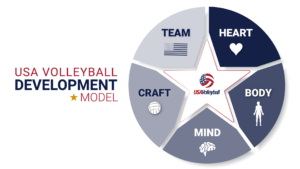
The five pillars of the USA Volleyball Development model provide the basis for a holistic approach to the core elements that are vital to supporting development at every level and across age groups.
USA Volleyball Education is committed to providing support for the volleyball community with a role-based approach to education and training. Whether you’re planning practices, cheering from the stands or making the right call, we provide the tools and resources to help you succeed.
USA Volleyball partner Sports Imports has provided USA Volleyball coaches with drills for use with their Trainer+ and The Vertec.
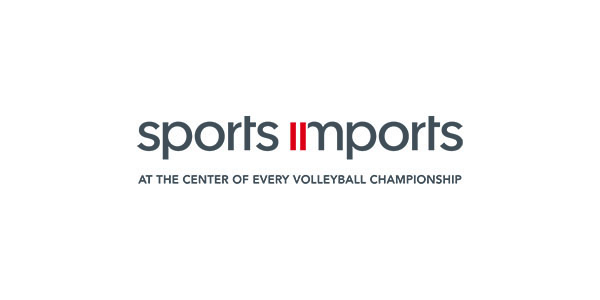

In this CAP II article, volleyball coach and certified fitness trainer Dolores Gurule' de Duran talks about the importance of strength and conditioning for players.
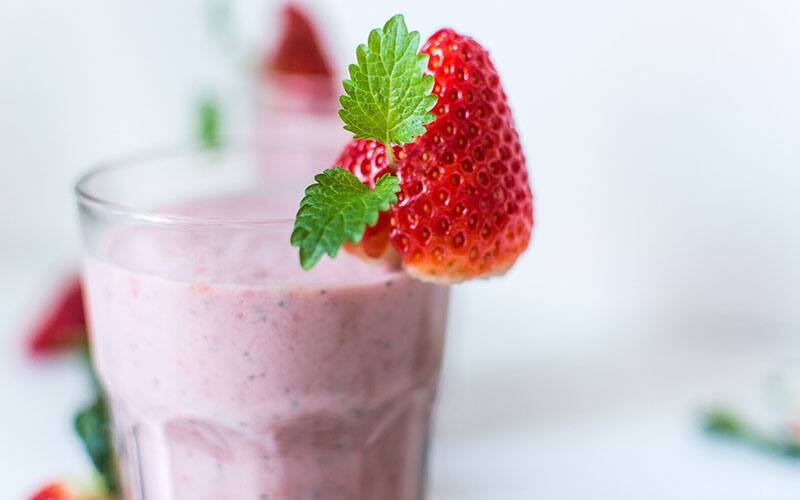
Fruit smoothies pack in carbohydrates and between 15g and 20g of protein per 16-oz serving, which are critical for sport performance. Check out TrueSport's recipe.
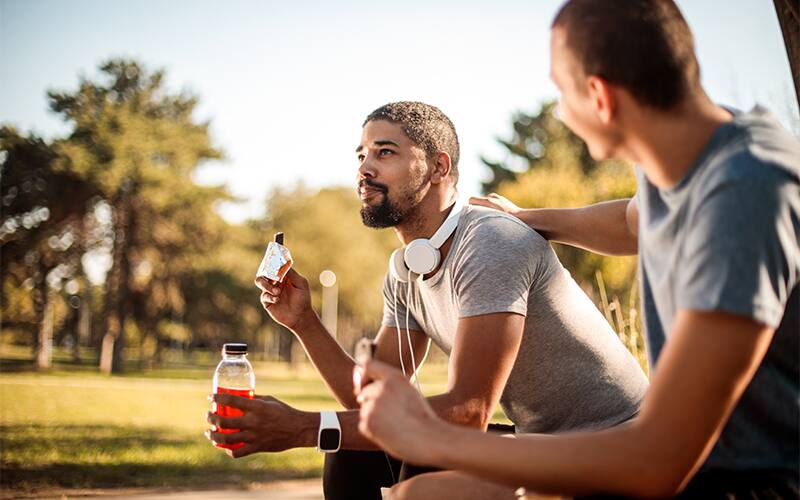
Hydration is individual; what works for one athlete may not be appropriate for another. Use these recommendations as a starting point and adjust to develop your individual hydration plan.
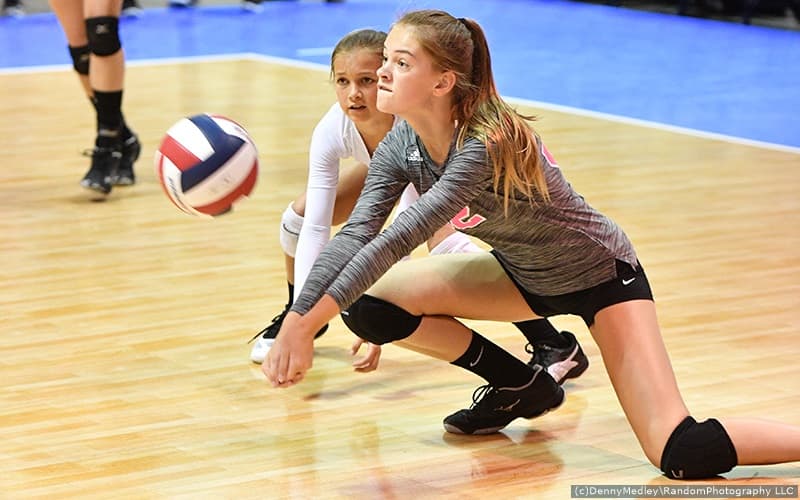
Serve and serve receiving are involved in every point played. Make sure your players learn those skills the same ways they'll use them during a match.
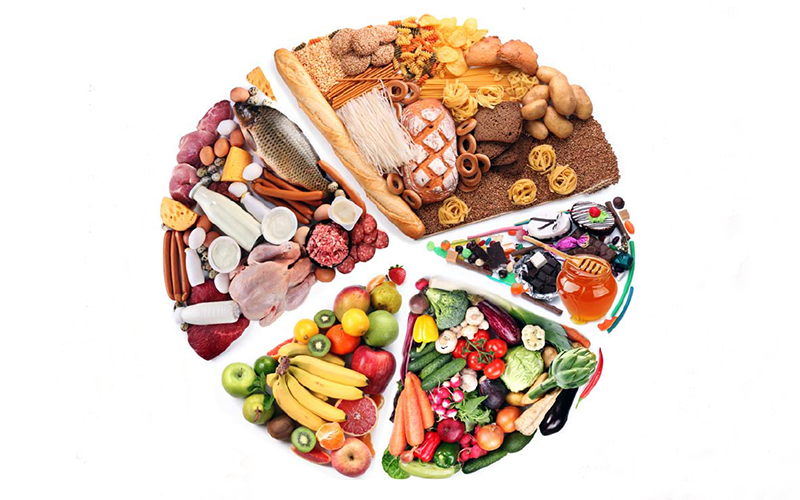
Misguided views on how female volleyball players should look and what they should weigh are an ongoing problem in our sport.
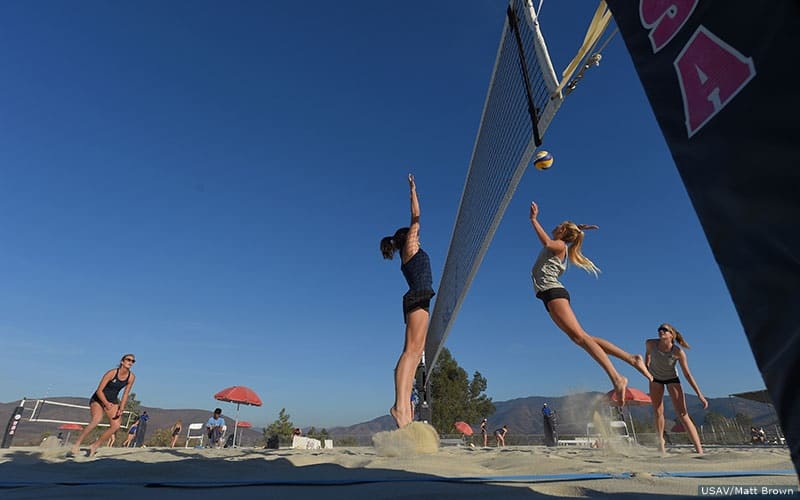
Summer is a great time for athletes to unwind from a long season, but it’s also an opportunity for them to improve their games in a relaxed environment. You can help foster that improvement by following these suggestions.

The popular pick-me-up can enhance performance, but it’s important to be aware of the potential side effects.

Eating with the season means you are more likely to get the freshest and most nutritious items.
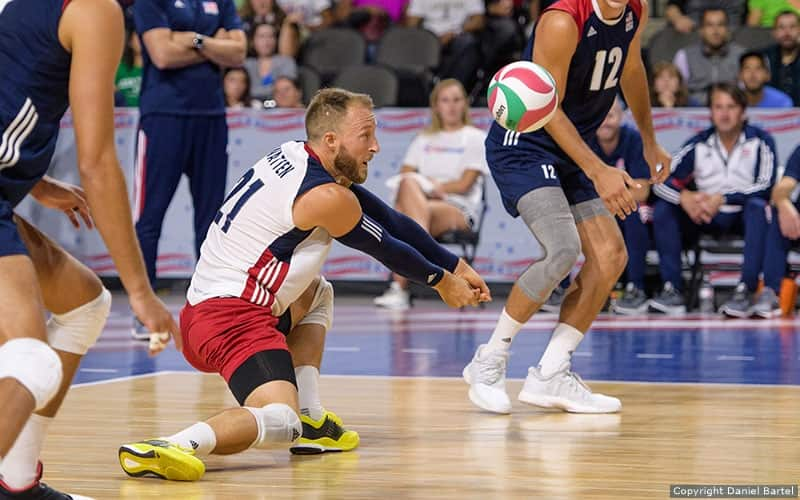
Looking for insights to improve your game? Check out our tips from top U.S. athletes

Vaping is thought to be safer than smoking cigarettes, but it is actually harmful to a young athlete's training and long-term health.

Eating before a match is an important part of being a successful athlete. No matter if a match is over in three sets or goes five sets, here are some fueling tips to make sure your body is ready to keep playing through the end.

With the right nutrients in your diet, you can lower the risk of injury and recover more quickly if you do get hurt.
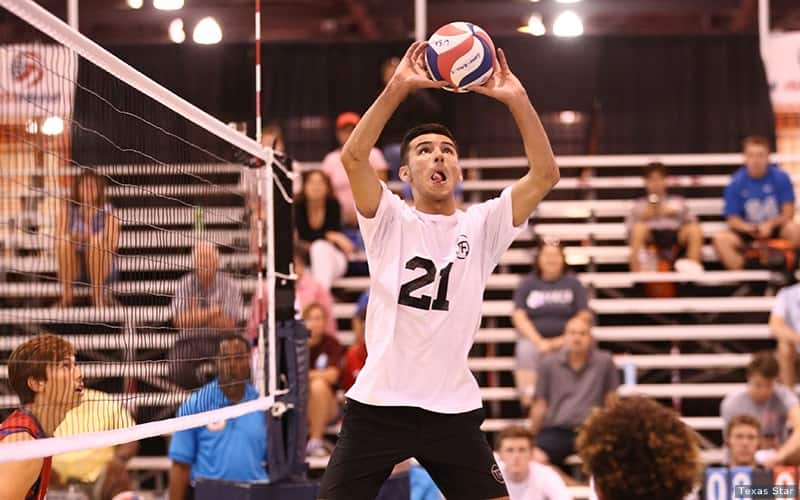
Playing more than one sport is great for an athlete's well-being. Here's how you can be a supportive coach as they transition between sports.
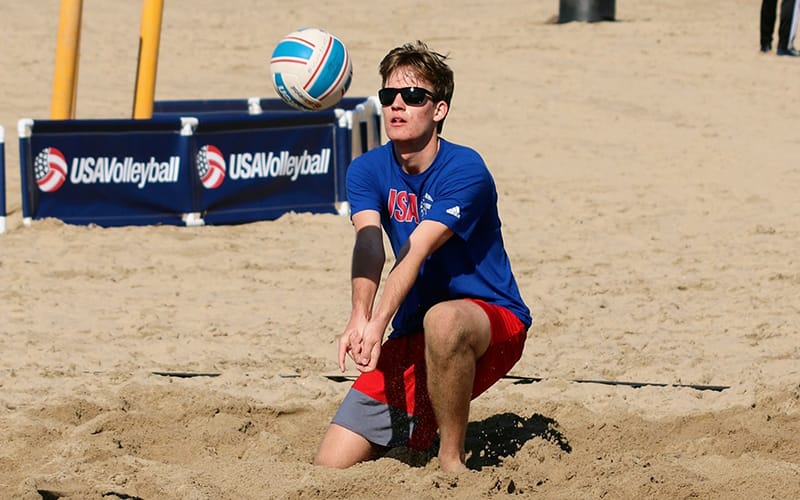
Prepare for beach national qualifiers and the USA National Beach Tour-Junior Championships with these tips.
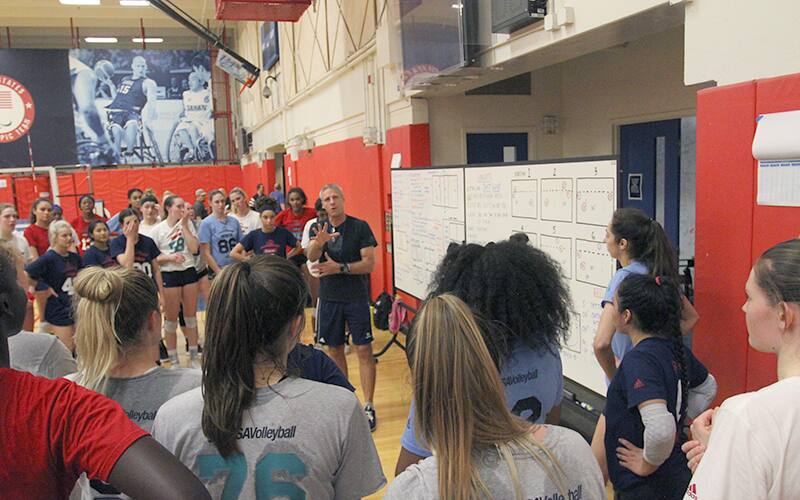
Culled from top coaches, these are simple tips that you can put in your coaching toolbox when working with your team.

Dietary supplements are omnipresent in sports, but be cautious before buying.

Stanford-bound middle Kendall Kipp talks about striving to maintain good character and play the game the right way.

The body needs iron for growth, development, cellular functioning and to make certain hormones and connective tissue. Making sure your diet includes iron-rich foods is particularly important for athletes.

A balanced breakfast rich in carbohydrates and proteins regulates appetite and helps you feel satisfied, putting you on track to reach your fueling and nutrition goals.
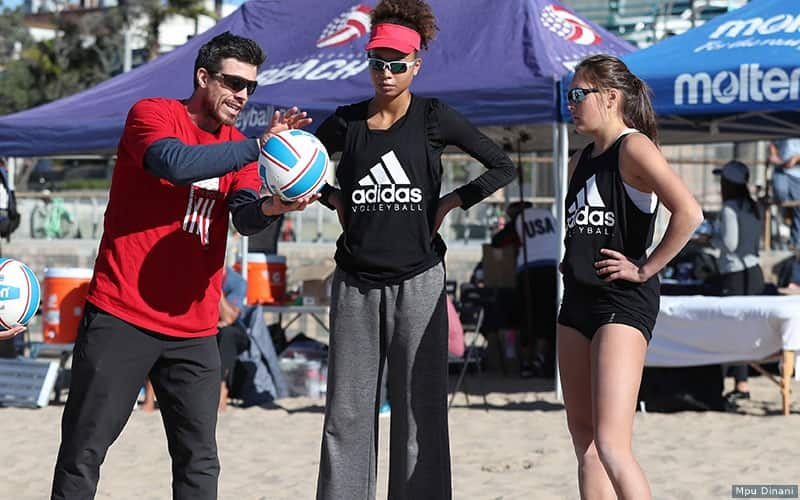
Beach national qualifiers have begun, so check out these tips to help you prepare for the season.

Being a vegetarian and also being a competitive athlete is becoming far more common, even at sport's highest levels.